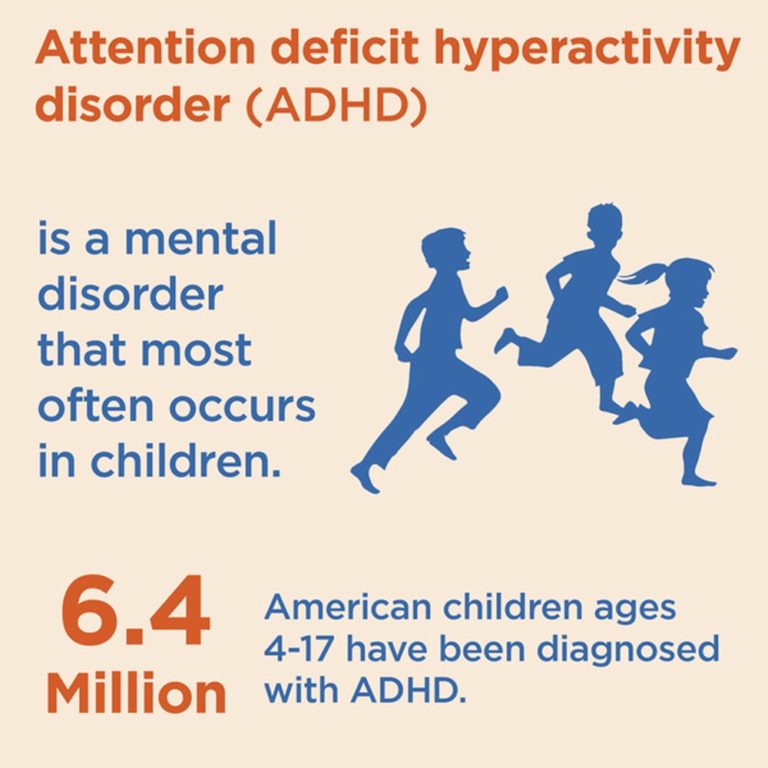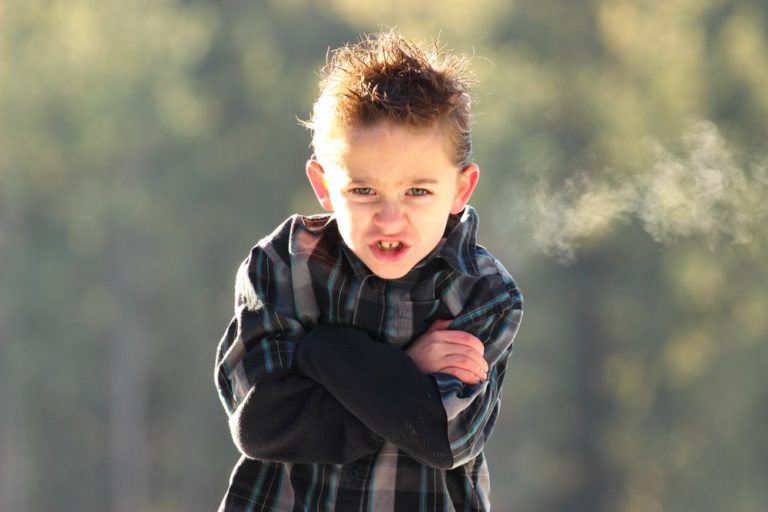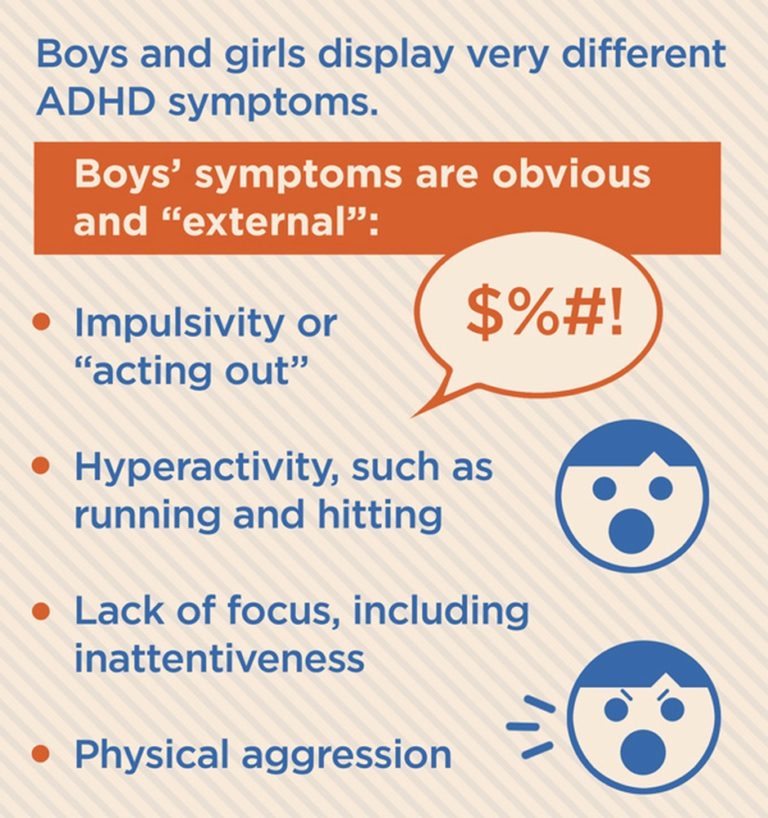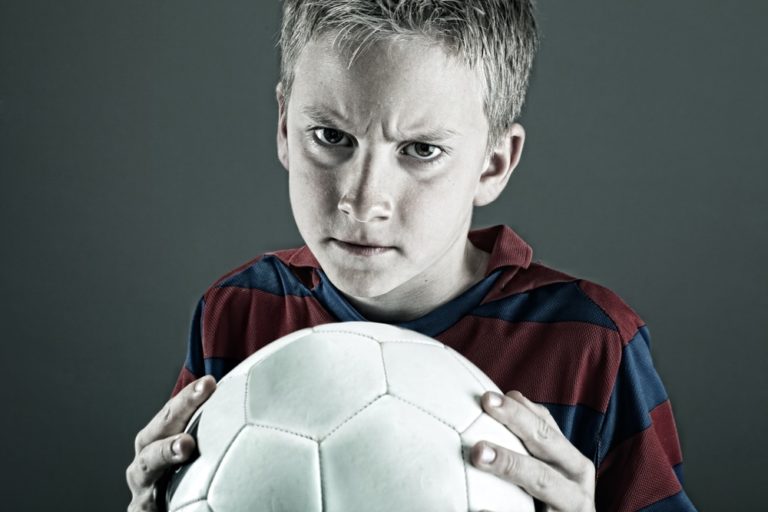Does ADHD Cause Bullying? Answers For The Concerned Parent.


By Antoine G Larosiliere
Ever since the recent difficulties with my youngest son, I find myself asking, does ADHD cause bullying?
My son was diagnosed with ADHD at the age of 9, but he’s been getting in trouble for bullying since he was 8 years old. For the most part, my son is a very empathetic and compassionate kid. So, when he kept getting in trouble for bullying, something didn’t add up. We began to wonder, does ADHD cause bullying? What we learned was that ADHD causes children, mostly boys to be impulsive and react aggressively when they get frustrated or are being bullied. A child with ADHD wouldn’t be called out for bullying if their actions aren’t intentional and repetitive. Let’s look at this a little closer.
“a disorder identified by a continuous pattern of inattention and/or hyperactivity-impulsivity that interferes with functioning or development.”
What is ADHD?
According to the National Institute of Mental Health, Attention-deficit/hyperactivity disorder (ADHD) is a disorder identified by a continuous pattern of inattention and/or hyperactivity-impulsivity that interferes with functioning or development. According to the American Psychiatric Association, Attention-deficit/hyperactivity disorder (ADHD) is one of the most common mental disorders affecting children. Studies show that ADHD is usually identified in school-aged children and 8.4% of children and 2.5% of adults are diagnosed with it. It is more common amongst boys than girls and is usually identified when a child is a disruption in the classroom.

What are the symptoms of a child with ADHD?
The diagnosis of ADHD comes in one of three types: the inattentive type, the hyperactive/impulsive type or a combination of both. Doctors look at the symptoms that have occured over a six month period before making the diagnosis. Symptoms of the inattentive type are the following…
- Lacks focus and attention to detail.
- Often makes careless mistakes.
- Impatient during games.
- Has a very short attention span.
- They may avoid other children or choose to play alone.
- Poor listening skills.
- Have a hard time completing tasks and following instructions.
- Has poor organization skills.
- Careless with materials and supplies needed to perform tasks.
- Lacks cleanliness.
- Is distracted very easily.
- Is forgetful of responsibilities or undesirable activities.
Symptoms of the hyperactive/impulsive type are the following…
- Fidgety and squirmy with limbs and other body parts.
- They have a hard time slowing down and taking other’s feelings in consideration.
- May sometimes boss around other children.
- At times may seem aggressive or scary when expressing frustration.
- Restless when seating; needing to move around.
- Has a hard time playing quietly.
- Often they are talkative.
- Interrupts and blurts out answers during class.
- They have a hard time waiting in lines.
- Has a non-stop motor that helps them succeed in sports.

What’s the difference between bullying and a child with ADHD?
Bullying is defined as an unwanted, aggressive, often repeated or have the potential to repeat behavior that involves an imbalance of power. When children with ADHD are aggressive, it’s usually linked to frustrations and difficulties managing their impulses. The main difference between a child who is acting out aggressively because of their ADHD and a child who bullies is intent. A bully is intentionally aggressive to target, hurt, humiliate or control someone. Whereas a child with ADHD doesn’t intend on being aggressive, but does so due to frustrations and impulsivity.

Is there a connection between ADHD and bullying?
Multiple studies have suggested that youth with ADHD are more likely to be involved in bullying, both as a bully and a victim of bullying, than their typically developed peers. Children with ADHD can and often do respond aggressively if they are bullied. Research shows that children with ADHD are 4 times more likely to bully other children. This might be because of their low self esteem, or from being victims of bullying. A Swedish study found that children with ADHD symptoms were almost 10 times as likely to have been bullied regularly. This aggression that children with ADHD show is usually one of the primary reasons they are socially rejected and bullied.

How can we minimize the effects ADHD has on bullying?
There is no cure for ADHD, and there’s no way to completely remove the impulsivity and frustrations that often lead a child diagnosed with ADHD to bully someone else. It’s something you’re going to have to help your child live with in a productive way. There are some strategies that we as parents can do to minimize the likelihood of our ADHD children from acting out aggressively. Some of these strategies include…
- Implementing stability and structure in your child’s life.
- Cutting down the screen time on electronics/video games.
- Providing plenty of opportunities for exercise/sports and activities for your child.
- Teaching your child how to breathe deeply to help them concentrate on how they’re feeling.
- Teaching your child the countdown method to help them calm down when they are upset.
- Showing your child the benefits of the compromise.
- Teaching your child negotiating skills.
- Teaching your child how to positively express their emotions.
- Helping your child make friends: Not only do they become less of a target by being less vulnerable, but it also makes them less likely to bully since friends can ease our frustrations.
It is already difficult for a child with ADHD across the board, but having peer relationships that lead into bullying makes it even worse. If you have a child diagnosed with ADHD and they continue to respond aggressively, please seek professional help. I hope this has been helpful. Also visit my YouTube channel for more insight to these topics.
The Bully Experience "Daniel's Story"

Sign up for our newsletter and Read the novel For Free!
Stay updated. Sign up for our newsletter, and get the first two chapters of The Bully Experience Daniel’s Story absolutely free.